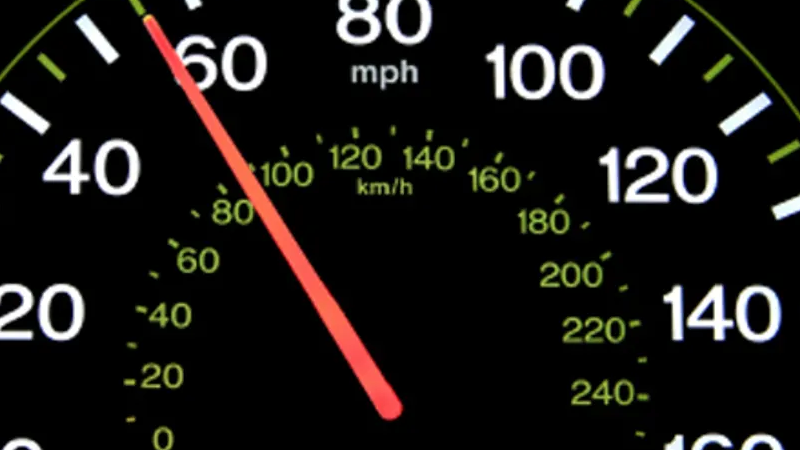
Page Load Speed And Why It Matters
Sometimes, a fast page load speed is the difference between life and death
Sometimes, Internet Speed Doesn’t Matter
Having fast internet is often expected to result in quick page loading speeds, but users frequently encounter frustrations when this isn’t the case. One problem is that websites can be overloaded with heavy graphics, ads, and scripts, which can slow down the loading process regardless of the internet speed. Additionally, complex backend processes or server issues can lead to delays, leaving users waiting for content to appear even when their connection is robust.
Another contributing factor is the quality of the website’s design and optimization. Poorly coded sites may struggle to load efficiently, causing lag and hindering the user experience. Moreover, external factors such as high traffic on a particular website or geographic distance from the server can also impact loading times. Thus, while fast internet should theoretically improve browsing speed, various elements can interfere. This leads to a paradox where users feel their experience is still sluggish.
Imagine having to send a single message urgently, or submit a project via email if you’re a student. But because of these pesky issues with page load speed, you missed your deadline or your message didn’t get through. This can lead to a series of unfortunate occurrences as a result. Sounds bad, right?
Improving Your Page Load Speed
It’s not the end of the world for you. With the evolution of technology comes endless unforeseen issues, but also ways to mitigate such pesky issues with page load speed. Nowadays, people are smarter. They can find all sorts of workarounds to continue enjoying a hassle-free browsing experience. Not all of them work for everyone, but here are some fixes you can try yourself. Explore each fix and check what gives you the best improvement on your page load speed.
Clear Your Browser Cache
Probably the most suggested troubleshooting method for any browsing-related issue that even nine-year-olds know. This method clears your browser of old and outdated files which can slow down your page loading speed.
Disable Unused Extensions
With more advanced features come slower loading speeds, especially on devices that don’t have enough processing capabilities. Disabling extensions you aren’t using or haven’t used in a long time will make a difference.
Use Lightweight Browsers
There’s a cornucopia of internet browsers out there, each with unique features not found in others. Browsers like Google and Opera are known to be fast and light in performance. Consider using these browsers for your daily tasks. Make sure to keep them updated to get the best performance and security out of them.
Close Them Tabs!
We want to quickly revisit the previous tabs we browsed in case we need to double-check something, and it’s all good. However, having so many open at once can lead to humongous bandwidth consumption. Try closing some tabs if you haven’t checked them in a while. This will make sure that you have enough room to load new pages.
Block Unwanted Ads
Advertisements are important because they help companies get enough traction for their products and services. However, most of the time you will see ads that are simply irrelevant to you. In some cases, they can be intrusive enough that it slows down your browsing experience and makes everything load slower.
Having an ad blocker software at your disposal can help you weed out unwanted ads, ensuring an enhanced browsing experience. Check out some of the best ad blocker software on the market today. If you need to familiarize yourself with how they work, this article can help you.
Data Saver Mode Saves The Day!
Most popular browsers today have a Data Saver Mode, which lets browsers load web pages in a compressed format. You save bandwidth, you load pages faster. More for less. What’s not to like?
Is Your Internet Fast Enough?
Sometimes, it just boils down to simply your internet connection having a bad day. No amount of troubleshooting can make your page load speed faster if your internet itself isn’t in optimal condition. Consider rebooting your router. Turn it off for five minutes and then turn it back on. Usually, it fixes common issues like IP address conflicts or bad gateway, which in turn will drastically improve your loading speed.
Aside from having issues with your internet connection, having inadequate bandwidth consumption can contribute to slower loading times. It is a good thing to know how to balance your bandwidth usage.
Achieving The Good Page Load Speed
Internet browsing has come a long way. New tools and features are constantly being developed to make sure that internet browsers can keep up with users’ ever-growing demands. Though sometimes these aren’t enough to give users a worry-free experience all the time, over the years users have also found ways to combat various issues that put roadblocks to their browsing experience. Nowadays, a single fast-page response can mean the world to a lot of people who thrive in fast-paced environments. Therefore, ensuring your page load speed is optimal can take you a long way.
In the meantime, check out the articles below that can help you improve your overall internet browsing experience.




